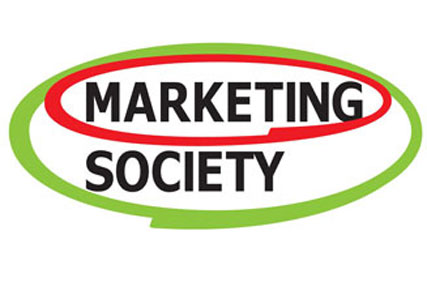NO - DAVID BAINBRIDGE, CHIEF EXECUTIVE, ELVIS COMMUNICATIONS
The disturbing and powerful film The End of the Line about the repercussions of over-fishing might have been the catalyst for Selfridges' Project Ocean. However, it is newer, less-well-financed businesses focused on purpose rather than profit that really harness the power of sustainability.
Take Followfish in Germany, which introduced a tracking code on packaging that allowed consumers to see where the fish they are eating came from and how it was cultivated, caught, processed and stored.
Online shoe shop Zappos and electric car manufacturer Tesla have been equally disruptive in their categories. For these forward-thinking businesses, sustainability isn't just a single product or marketing initiative but a belief set that every department and every employee share.
Now I wonder if you can take your sustainable fish home in a plastic bag from Selfridges? The destructive consequences of plastic in our oceans is another very inconvenient truth.
NO - THOMAS DELABRIERE, MARKETING DIRECTOR, INNOCENT
More than a decade ago, environmental sustainability was not high on the agenda. Today, it's inextricably linked to everyone's thinking.
Any rational business knows that sustainability is necessary to ensure sufficient food for our increasing population levels, maintain our ecosystems and keep doing business.
At Innocent, sustainability is part of our DNA. It might make us sound a bit like a Miss World contestant, but we want to leave things a little bit better than we find them. One of the reasons is to ensure we will have a supply of fruit in the future to sell our products.
We do our best to help address some of the major global issues facing agricultural production such as climate change and water scarcity.
Also, the challenging world economic situation can have a positive impact on measures adopted by consumers with smaller incomes.
Making sure that energy is not wasted, or eating all the food bought, are examples of simple things that anyone can adopt.
NO - SIMEEN KADI, GROUP HEAD OF MARKETING, CARBON TRUST
Consumers are taking steps to 'do their bit' as they become more aware of their environmental impact. This has been demonstrated in the rise in recycling across the country.
Research shows that 61% of UK consumers are more likely to buy from brands that have a good reputation for reducing their impact on climate change.
Moreover, big mass-market brands are taking notice.
That's why companies such as Kingsmill, Tate & Lyle and Tropicana have worked with the Carbon Trust to achieve the Carbon Reduction Label, an endorsement from a trusted, independent body of their commitment to sustainability.
The label also appears on products such as Walkers Crisps and hundreds of Tesco own-brand products.
It's a perfect all-round win. Consumers feel empowered to choose brands that help them do their bit and brands get a clear competitive advantage. Still in doubt? Look at the Carbon Reduction Label on the front of this magazine.
MAYBE - HUGH BISHOP, CHAIRMAN, METEORITE
Maybe, but it must not be allowed to. If it does become the preserve of the rich, the legacy we leave future generations will be nothing short of disastrous.
Luckily, we now have the perfect opportunity to ensure this doesn't happen. Brands that want to grow must pursue sustainable options - the recent colossal rise in the price of 'scarce' raw materials has proven how detrimental this can be to businesses' profits.
Meanwhile, consumers want to buy, and will search for, sustainable options. They won't however (unless they are rich) pay a premium. So there we have it, a perfect partnership: a commercial rationale and a consumer desire.
What's missing is the engaging marketing programme that brings the two together. As Selfridges has demonstrated, if you do it right, you can be on the road to blinding success, and then the legacy we leave may just end up being a bright one.
The Marketing Society is the most influential network of senior marketers dedicated to inspiring bolder marketing leadership.


